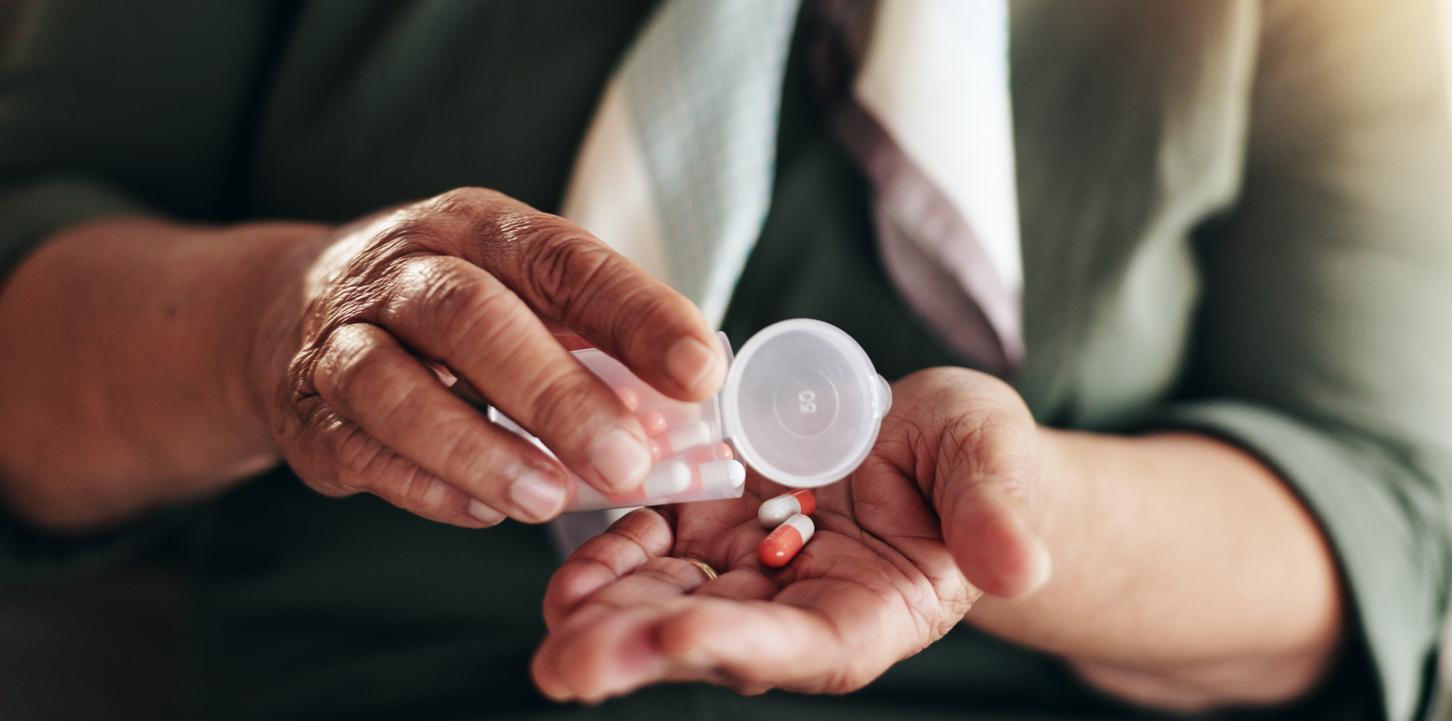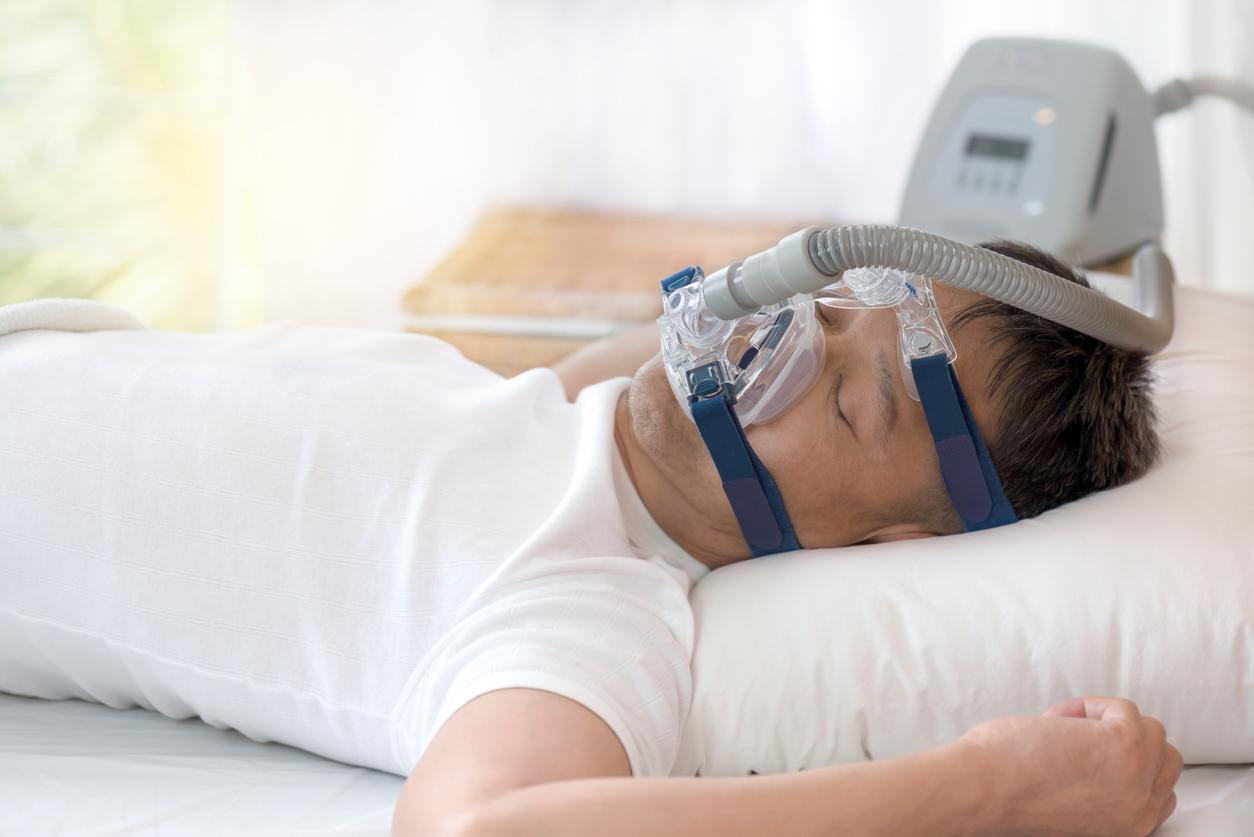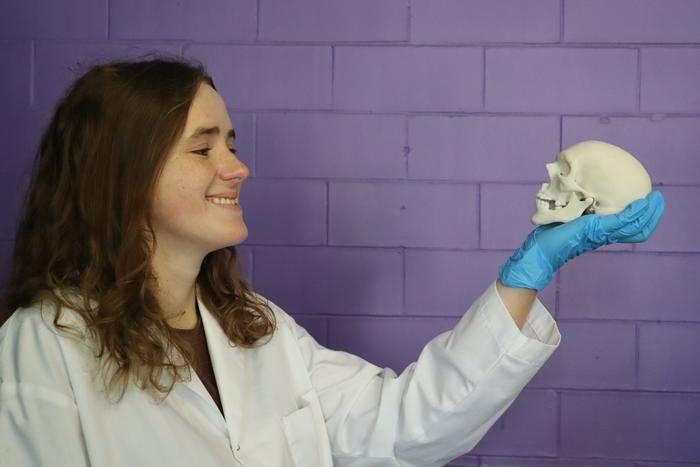Should we be wary of contraceptive implants? This is the question that burns lips when discovering the story of Marielle Klein who recounts her ordeal after taking the Essure® permanent contraceptive implant.
“I thought I was dead”. The words are strong and reflect the pain felt by this mother of 5 children. She asserts in a interview with the Parisian to have multiplied the health concerns after the installation of his implant in 2011. Chronic sinusitis, ear infections, heart palpitations, headaches … So many disorders difficult to relate at first sight with this implant, reports the newspaper, which reveals the information. This kind of small spring made of nickel causes obstruction of the tubes making fertilization impossible.
Marielle asks the specialists for advice, but the medical appointments don’t help. It was only after removing the contraceptive that she said she saw her health improve, she explains.
The culprit, she says, is clearly the Essure® contraceptive implant. She began to take a close interest in it and started a petition to garner the support of other women who had experienced health complicationsafter placement of an Essure® contraceptive implant. The results exceeded her expectations: she received numerous testimonials and her petition was signed by 45,000 people. This is addressed to the Minister of Health Marisol Touraine asking her to take up the file.
A new health scandal in perspective?
In parallel with this public mobilization, a battle is also shaping up in the legal field: according to the Parisian, 28 cases are examined by the lawyer Charles Joseph-Oudin, the defender of the victims of the drug Mediator. The lawyer should launch a first legal action so that an assessment is launched on the possible health risks of the contraceptive implant Essure® manufactured by the German pharmaceutical company Bayer.
In France, 120,000 women have used the Essure® contraceptive implant since it was marketed in 2002. It is reimbursed by Social Security. In France, the number of reports of side effects has increased in recent years: it went from 42 in 2012 to 162 between January and October 2016, according to the daily.
An implant “under enhanced surveillance”
What does the National Medicines Safety Agency (ANSM) say? In a press release, received by Top Santé, the agency recognizes that the implant has been subject to enhanced surveillance for two years. Investigations were carried out in July 2015 in conjunction with the Ministry of Health after reports of adverse effects linked to its use. “This work made it possible to determine that the complications reported were related to the practice of fitting and not to the ESSURE® device itself. “The ANSM adds that it conducted an epidemiological study in April 2016 to describe the use and assess implant safety compared to laparoscopic tubal ligation based on health insurance data“The results are expected for the first quarter of 2017.
Despite this enhanced surveillance, the ANSM concludes that it “does not have any evidence, at this stage, that would allow the benefit / risk ratio of this device to be called into question”.
To read also: Definitive contraception: should we be afraid of the Essure method?
Definitive contraception: how is it going?
After an implant, do you get pregnant quickly?
Contraceptive injection for men: effective but with side effects
















